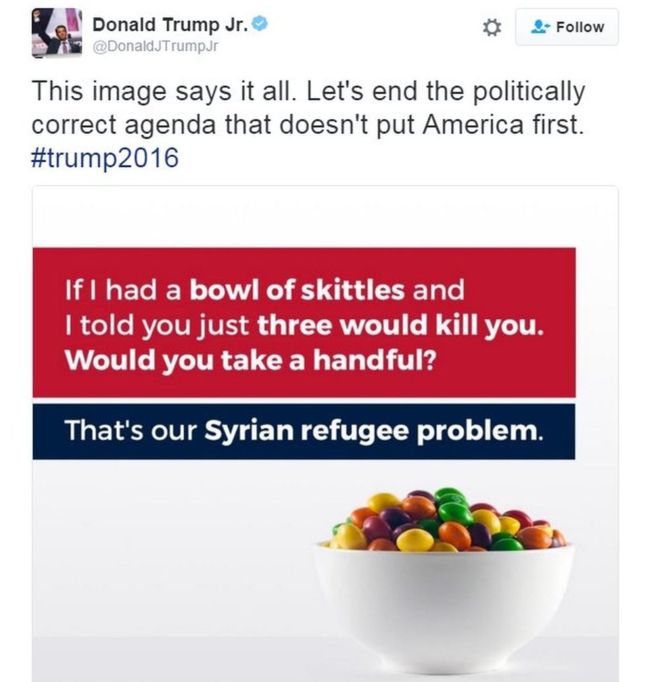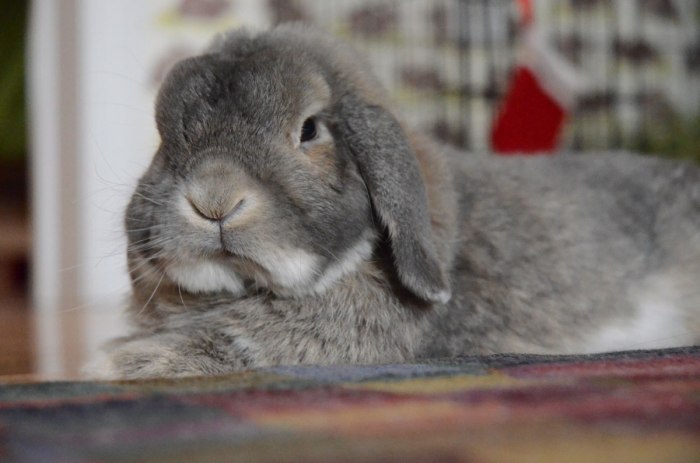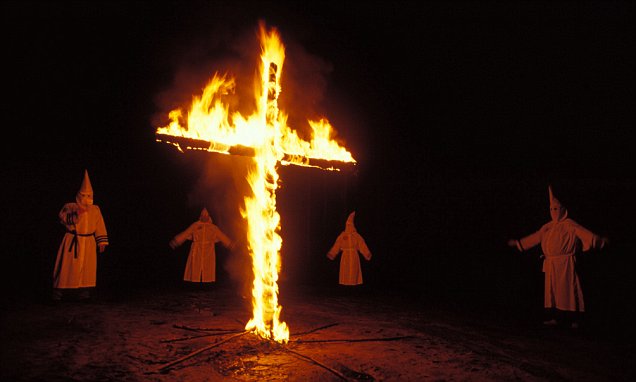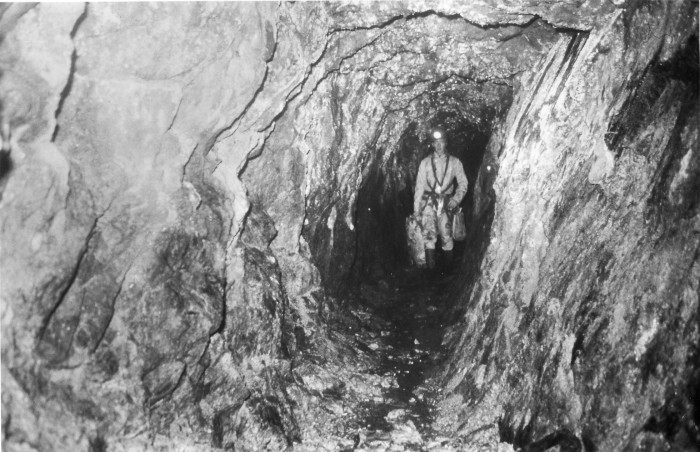I’m breaking a promise I made to myself last year, when I decided I would not post anything related to the election on Facebook. I’m aware I have wide range of friends with a variety of political views and it seems like every time I post something political, people sweep in with their respective talking points and nothing really gets said.
But I’m breaking that promise today, hopefully for a good reason. I’m breaking it because I want to explain something that the mainstream media and cable news networks do a lousy job of explaining. I want to explain memes.
I want to explain memes because I want people who did not spend their youth hanging out on internet messages boards to understand why many people my age are losing their minds over the meme that Donald Trump Jr. posted to Twitter this week.

I know it looks like we’re overreacting. I know it gives people another excuse to shake their heads and think that we see racism under every doilie and behind every door. I’m going to try to explain to you, in a simple, common sense fashion, why memes like these are so significant.
Memes are inside jokes.
They might be pictures, they might be words, they might be a combination of both. For example, I belong to one internet message board where one of the members posts an image of a disproving bunny whenever she reads something that makes her upset.

Someone outside of the community might not understand why she does that, but we do, because it’s our inside joke. Every community has them.
Memes evolve over time.
Someone makes a joke on a message board, or on reddit or tumblr (it’s okay, you don’t have to know what any of those things are) and someone else edits it onto an image of a nervous looking dog. Someone else decides it’s the perfect metaphor for a current situation and posts it to Twitter or Facebook and it spreads.
Because of how quickly memes evolve and change, it’s hard to trace them back. Sites like Know Your Meme try, but it’s like trying to write out a dictionary in sand.
All language is affected by context, and all language changes over time. That doesn’t make it meaningless. We use words and phrases today that had different meanings 100 years ago. That’s okay. We know what it means to us and what it means to our audience. We can use it and be understood.
Memes have a message.
So when Donald Trump Jr. posts a message comparing Syrian refugees to poisoned candy, people like me aren’t just seeing words over a stock image. We’re seeing a meme. In particular, we’re seeing a meme that’s been passed around for years on white supremacist message boards and websites. Originally it was M&Ms, not skittles, but the comparison was exactly the same.
And this isn’t the first time the Trump campaign has recycled memes from the white supremacist community. Last year Trump retweeted a “crime statistics” meme that cited data from a nonexistent, but official-sounding organization. The meme claimed that black-on-white murders accounted for 81% of U.S. homicides. That’s false. The actual number reported by the F.B.I. is 15%.
The “inside joke” there is that black people are violent and white people should be afraid. Guess who agrees with that?

These are two examples, but they’re not the only ones. This is not a matter of carelessness, or coincidence. Someone in the Trump campaign has been telling inside jokes with white supremacists for a while now, and they’re counting on the fact that only white supremacists will understand them.
That’s why we’re losing our minds. It’s incredibly frustrating to be the only person on the the archaeological expedition to the old abandoned mine who sees the murderous ghost miners.

The “inside joke” to the skittles meme is that Syrian refugees are dangerous. That’s an old joke. It was old when it was leveraged against Irish and Italian and German immigrants a century ago.
They can recycle it over a new stock image (which, ironically, was taken by a photographer who was himself a refugee) but they’re still telling the same old joke. As we say on the internet, “I see what you did there.” And I’m not laughing.
When I saw the skittles meme, as you call it, I cringed. It is so sad that so many people have to suffer because there might be a few bad refugees.
LikeLike
I agree. It’s heartbreaking.
LikeLike